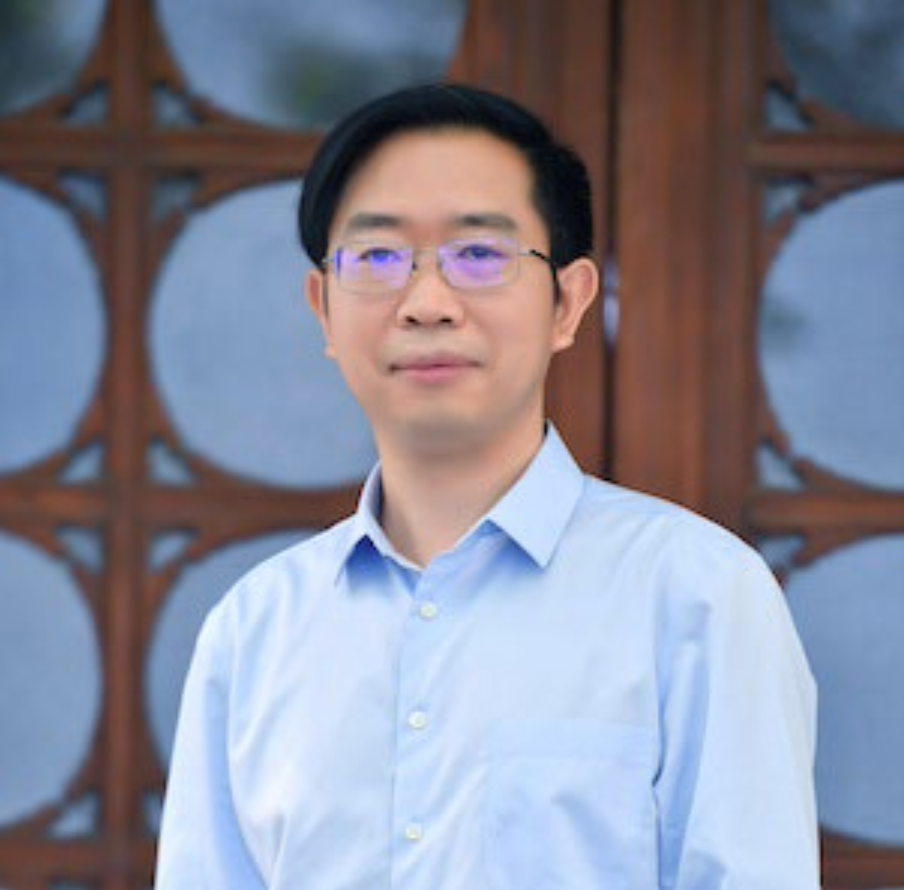About the Dirk Hellhammer Award
The Curt Richter Award was renamed in 2021 to honour our friend and colleague Dirk Hellhammer (1947-2018). Dirk was a pioneer of psychoneuroendocrinology, contributing some of most important and enduring progress in our field, from the Trier Social Stress Test to the characterization of the cortisol awakening response. Dirk headed ISPNE as its president from 2002 to 2005, and received the ISPNE Lifetime Achievement Award in 2012. The 2025 Dirk Hellhammer Award will be given by the Society during its Annual Meeting that will take place at the Ritz Carlton in New Orleans on September 3rd - 5th, 2025. The award consists of an honorarium, a plaque, a travel grant of up to US $1,000 to attend the annual meeting, and exemption from membership dues to the Society for three years. The awardee will present their award talk at the 2025 meeting, and receive their award plaque in person. For the 2025 award, applicants must be 45 years of age or younger by June 30, 2025. The manuscript must be a report of original, never-published research in basic or clinical psychoneuroendocrinology. It may also be an integrative comprehensive new discussion of the author’s previously published findings. The manuscript should be prepared using the ISPNE Journal (Psychoneuroendocrinology) guidelines for preparation of manuscripts for publication. Following peer review, the manuscript will be automatically submitted for publication in the Journal and the award recipient will present the research at a plenary session during the Annual Meeting. The deadline for submissions is May 15th, 2025 Queries about the award can be sent via email with “Dirk Hellhammer Award” as the subject line to: [email protected].
Apply HereDr. Shaozheng Qin awarded the Prestigious 2025 Dirk Hellhammer Award from the International Society of Psychoneuroendocrinology
The Dirk Hellhammer award recognizes Dr. Quin for his work in Psychoneuroendocrinology on how stress and hormonal dynamics reconfigure brain networks underlying human emotion and cognition across development. Dr. Qin’s cortisol awakening response (CAR) acts as a neurocognitive primer, enhancing hippocampal-prefrontal efficiency for memory processing, balancing amygdala- prefrontal circuits for emotion, and orchestrating large-scale network reconfiguration for multi-task demands. The goal is to inform CAR as a biomarker and target for interventions that restore neural balance, such as chronotherapy or pharmacological modulation. Dr. Qin completed his Ph.D. in Cognitive Neuroscience at Donders Institute in Radboud University Nijmegen and postdoctoral training at Stanford University, and then worked an Instructor at Stanford University School of Medicine. He is currently a Full Professor in Psychology at Beijing Normal University. Dr. Qin integrates neuroimaging, endocrine assays, and computational modeling to examine stress-sensitive neuroendocrine mechanisms, with a focus on CAR effects on hippocampal-prefrontal-amygdala circuits. His forthcoming publication in Psychoneuroendocrinology, "Cortisol Awakening Response Primes Human Cognition and Emotion: A Unifying Psycho-Neuroendocrine-Developmental Model," proposes a novel framework linking CAR's biphasic cortisol surge to proactive optimization of neural efficiency and emotional regulation. The study demonstrates how CAR coordinates neuroendocrine signaling and large-scale network dynamics to prepare the brain for daily challenges, offering translational insights for stress-related disorders. On the importance of receiving this award, Dr. Qin notes “The ISPNE society represents an intellectual home—a community that shares my commitment to advancing stress research through interdisciplinary dialogue. Being part of ISPNE fuels my motivation to translate findings into tangible solutions, whether through neurocognitive biomarker development and hormone- aware therapies. This award is not just a milestone; it’s a catalyst to further explore how neuroendocrine insights, on one hand, can lead to stress vulnerability, and on the other hand empower resilience across the lifespan.” ISPNE shares this enthusiasm and welcomes the chance to see this wonderful scholar continue to build upon the holistic framework to understand stress-related adaptation that Dr. Qin has described termed the psycho-neuroendocrine- developmental preparedness model.
Dirk Hellhammer Award Winners
|


 The International Society of Psychoneuroendocrinology (ISPNE) awarded the prestigious Curt Richter Award since 2000 to a distinguished line of young investigators in the field of psychoneuroendocrinology.
The International Society of Psychoneuroendocrinology (ISPNE) awarded the prestigious Curt Richter Award since 2000 to a distinguished line of young investigators in the field of psychoneuroendocrinology. Dr. Shaozheng Qin has been awarded the 2025 Dirk Hellhammer Award from the International Society of Psychoneuroendocrinology (ISPNE) which has recognized a distinguished line of young investigators since 2000. In 2021, the award was renamed to honor Dirk Hellhammer (1947-2018) who was a pioneer in the field of psychoneuroendocrinology, contributing some of most important and enduring progress, from the Trier Social Stress Test to the characterization of the cortisol awakening response. Dr. Qin states, “This award is a profound honor, recognizing two decades of my work (since my doctoral training at Donders Institute) at the intersection of cognitive neuroscience and psychoneuroendocrinology. It validates the importance of bridging basic science with developmental and clinical applications.”
Dr. Shaozheng Qin has been awarded the 2025 Dirk Hellhammer Award from the International Society of Psychoneuroendocrinology (ISPNE) which has recognized a distinguished line of young investigators since 2000. In 2021, the award was renamed to honor Dirk Hellhammer (1947-2018) who was a pioneer in the field of psychoneuroendocrinology, contributing some of most important and enduring progress, from the Trier Social Stress Test to the characterization of the cortisol awakening response. Dr. Qin states, “This award is a profound honor, recognizing two decades of my work (since my doctoral training at Donders Institute) at the intersection of cognitive neuroscience and psychoneuroendocrinology. It validates the importance of bridging basic science with developmental and clinical applications.”